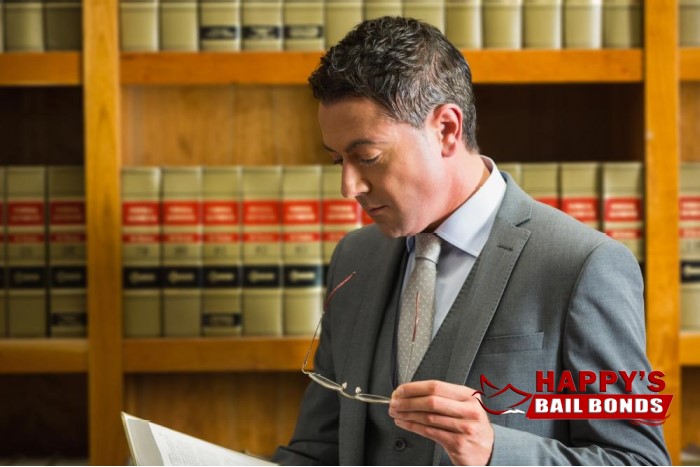Can a Judge Raise Bail?

In most cases, once bail has been officially set, it doesn’t change. While that’s how most casework, every once in a while a defendant will post bail or a bail bond and be released from jail. In the days following their release, they’re notified that the judge has increased their bail.
On the rare occasions, this happens, it’s extremely important that the defendant doesn’t merely brush the notification off as some weird mistake, but contacts the court right away. If the higher bail amount isn’t met, the defendant will have to return to jail.
The good news is that while a judge does have the power to raise bail after it’s been set, that’s not something they do at the drop of a hat or because they’ve had a bad day. They usually have what they consider a good reason for raising the bail.
Additional Charges
The most common reason a judge decides to raise bail is because additional charges are in the process of being filed. The additional charges make the case more serious and in turn, increase the odds of the defendant becoming a flight risk.
The Victim is Experiencing Health Complications
If the charges are for something like assault, attempted murder, and even some vehicular offenses, such as DUI, and there is an injured victim, the judge will pay attention to the victim’s health. If their condition worsens, there’s a good chance that the bail will be increased and additional charges filed.
Something in the Victim’s Past has been Brought to the Judge’s Attention
Criminal history plays a huge role when the judge is determining bail. Sometimes a defendant’s entire criminal record isn’t available during the bail hearing. If for some reason there is a delay before the judge sets bail, it could be enough to inspire them to raise the bail a few delays after you were released.
You’re Considered a Threat to Society/Victim
If word gets back to the judge that you’re not strictly adhering to the terms of your bail and are doing things like getting too close to the victims or that could be a threat to society, they will either decide to raise your bail or they will revoke it completely.
